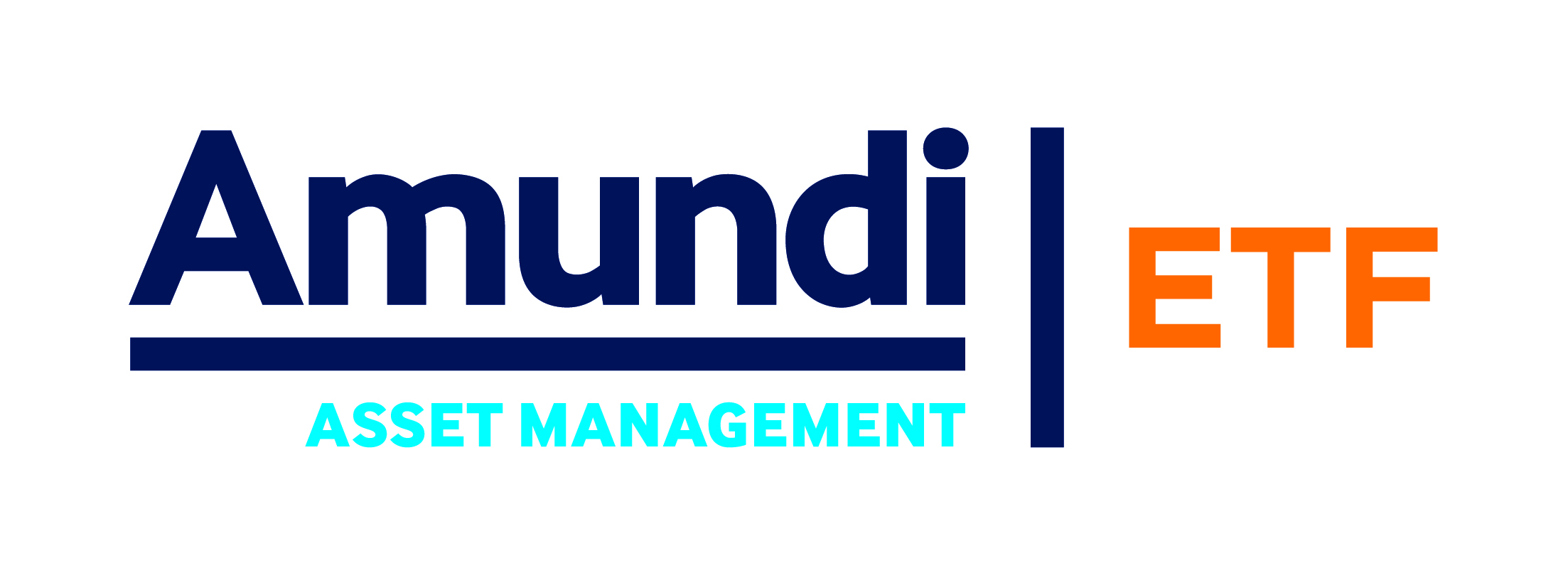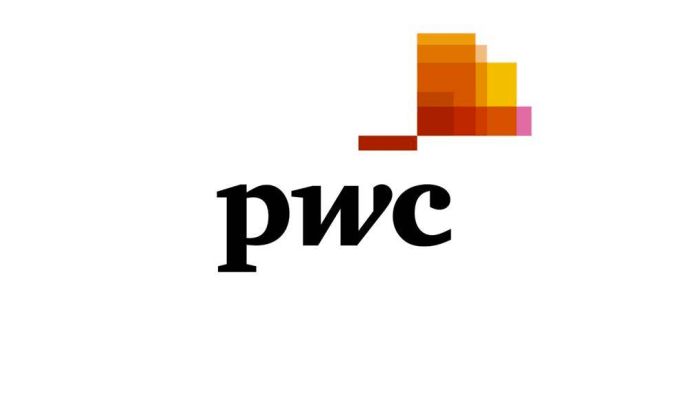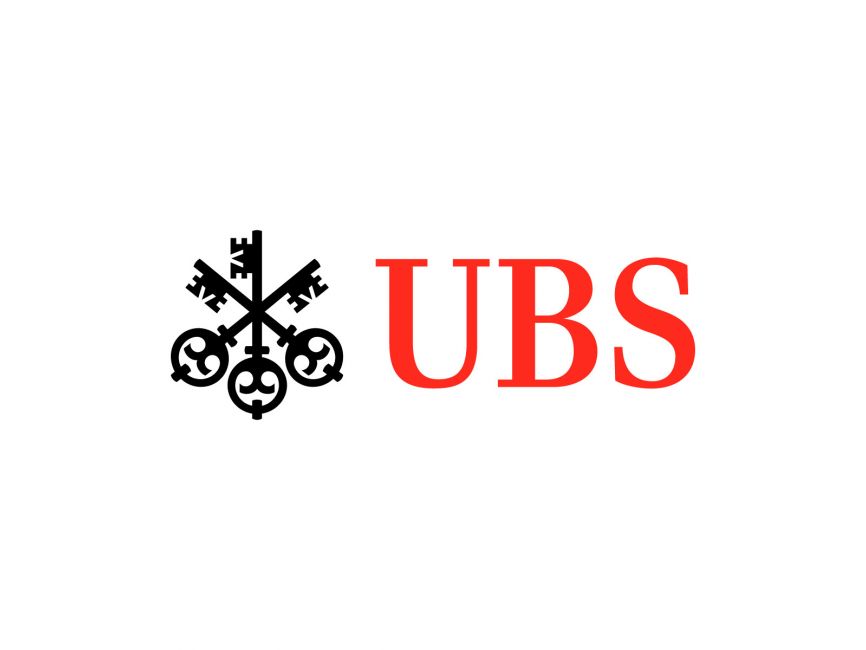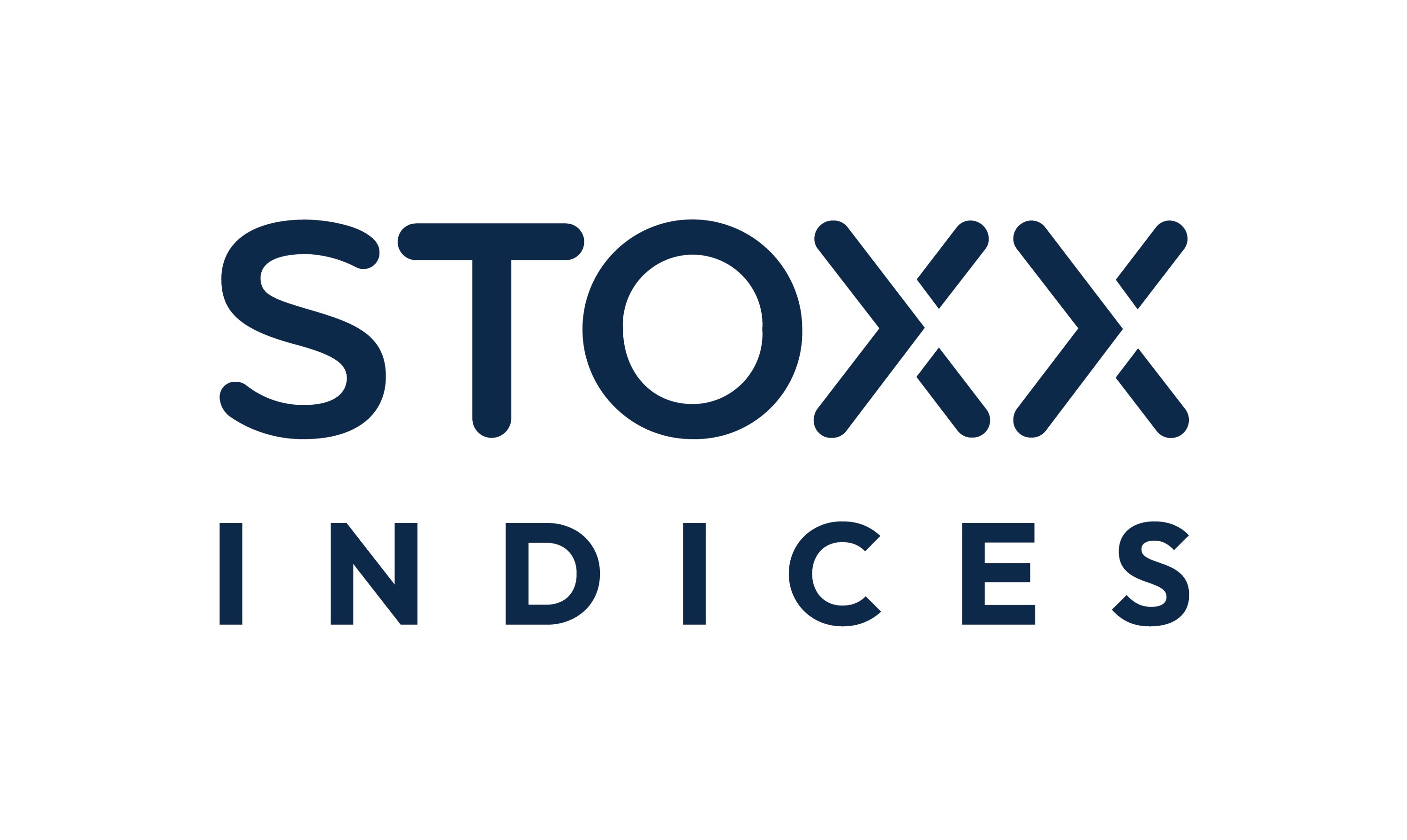The European ETF industry experienced some notable moments in 2022 despite several tests for ETFs including the collapse of the Russian stock market and rampant inflation.
As well as overcoming these, there were several interesting developments last year that could impact the ETF ecosystem in 2023. Industry insiders are bullish on a big year for ETFs that could open up the European market for the next few years.
Marc Knowles, director of Alpha FMC’s ETF and indexing practice said: “This year is going to be a big one for the ETF industry.
“Some of the barriers that have prevented industry players from coming to market or investing heavily in their ETF businesses have been removed, which could lead to growth across the market.”
With this in mind, ETF Stream has forecasted five big trends that could shape the European ETF market over the next 12 months.
The rise of digital platforms
The increasing influence of digital platforms could well be one of the biggest demand drivers for ETFs in 2023. A survey conducted by PwC last year found 76% of industry participants expect significant demand for ETFs on digital platforms over the next three years.
Part of this demand is coming through ETF savings plans, particularly in Germany, which is shaping ETF distribution models and the future of the market with commission-free trading encouraging new investors to the market.
“This is an interesting opening up of the digital distribution space,” Knowles said. “As well as establishing new distribution channels for existing issuers, it is an incentive for issuers that have yet to enter the market, which we should see more of this year.”
According to forecasts from BlackRock and extraETF, the number of ETF savings plans could rise to 20 million in Germany by 2026, up from 4.9 million at the start of 2022 and 1.9 million by the end of 2019.
Online platforms are starting to reap the rewards. Scalable Capital hit €10bn assets under management (AUM) last August, double the figure a year ago, thanks to demand for ETFs.
As a result, asset managers have upped their digital presence in markets including Italy and Germany. Amundi partnered with FinecoBank last September to offer Italian investors access to its ETFs.
Meanwhile, BlackRock has been increasing its stake in the digital wealth management platform Scalable Capital in recent years, which expanded into the Italian market in 022.
Amundi vs DWS: The battle for second
The tussle between two European ETF heavyweights looks set to intensify over the next 12 months as DWS aims to leapfrog Amundi to become Europe’s second-largest ETF issuer behind BlackRock.
DWS has set itself the target of 2025 to achieve the feat with ambitions to grow its Xtrackers ETF business by 12% per year until the middle of the decade.
The German asset manager will need such lofty ambitions as it remains someway behind Amundi. DWS had €132bn AUM, as at the end of 2022, below Amundi’s €193.6bn AUM, according to data from Bloomberg Intelligence.
The firm also suffered $4bn outflows over the last 12 months blaming weak investor appetite versus $5.6bn inflows for Amundi.
Meanwhile, Amundi has started domiciling ETFs in Ireland in a bid to capitalise on the emerald isle’s tax treaties with other countries and has also begun merging Lyxor ETFs with its Amundi counterparts.
The French asset manager took the second spot from DWS following its acquisition of Lyxor in January 2022, with the latter hitting €100bn AUM a month before its takeover.
The duo will have to watch out for Vanguard though after it overtook UBS Asset Management to become the fourth biggest ETF issuer in the European market by AUM in November 2022.
Detlef Glow, head of Lipper EMEA research, said the trend in Europe reflects the global growth of Vanguard and its steady growth of AUM, adding €11bn to its European ETF business last year.
“The growth of Vanguard in Europe is even more impressive if one takes into account that Vanguard has, unlike UBS AM and others, no captive distribution channel,” he said.
Low-cost ETFs will continue to shine
One of the biggest factors behind Vanguard’s rise is the continued popularity of low-cost core ETFs.
The bear market of 2022 has pushed many investors to rotate out of more expensive active mutual funds and into broad-based market cap-weighted ETFs with many anticipating the trend to continue.
In his latest article, Nate Geraci author of The ETF Educator, wrote: “My prediction is that money will continue flowing out of expensive, underperforming active mutual funds and find its way into the cheapest, core beta exposure out there.
“I will feel even more confident in this prediction if markets have another tough year, where further drawdowns will unlock opportunities for investors with taxable accounts to switch out of suboptimal investment vehicles and move into ETFs.”
In the six months to 16 November, European investors piled in €22bn into exchange-traded products (ETPs) with fees of less than 0.20%, according to Bloomberg Intelligence.
Highlighting this, some of the most popular equity ETFs of 2022 were the cheapest, including the iShares Core MSCI World UCITS ETF (IWDA) and the iShares Core S&P 500 UCITS ETF (CSPX) which pulled in $6.5bn and $4.5bn, respectively.
Demand for more index customisation
ETF issuers increasingly looking to differentiate themselves will lean towards more index customisation, particularly with little room for entry in the low-cost broad-beta space.
Investors are increasingly picking on the differentiation between ETFs and index funds and issuers are looking to capitalise on this through increased ‘co-designing’ of indices with index providers.
Index providers such as Qontigo, which recently partnered with BlackRock for the iShares Metaverse UCITS ETF (MTAV), have been working closely with ETF issuers to tailor index solutions based on investor demand.
Qontigo has been on a recruitment drive over the past year in a bid to build out the firm’s relationships with ETF issuers.
Thematics is a space where this trend can thrive and we expect to see much more of it throughout 2023.
Passive power of the ‘Big Three’
The ‘Big Three’ ETF providers – BlackRock, Vanguard and State Street Global Advisers (SSGA) – will have to do more over the next 12 months to answer questions about their growing dominance in the stock market.
It is anticipated the trio will own 33% of shareholder votes by 2032 on their current asset-gathering trajectory, up from around 20% earlier last year.
Last December, SSGA became the last of the ‘Big Three’ to devolve some of the corporate proxy voting powers to investors following similar moves by BlackRock and Vanguard.
The bear market and the political tussle over ESG have taken the spotlight off the issue but activists and politicians on both sides have spoken out on the rise of passives within the last 12 months.
Related articles













